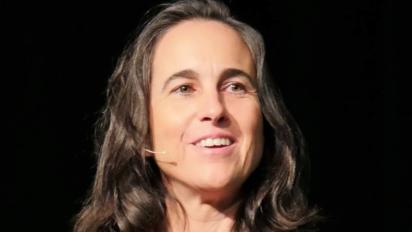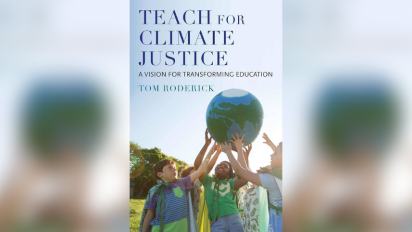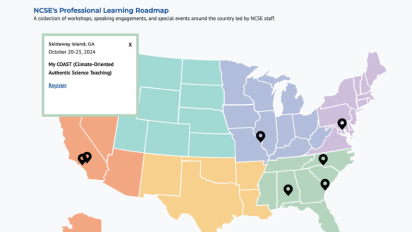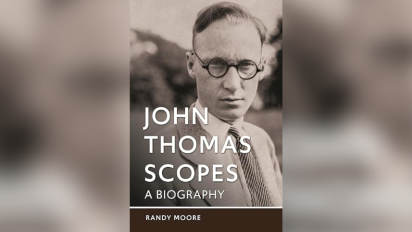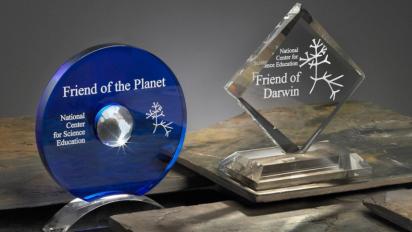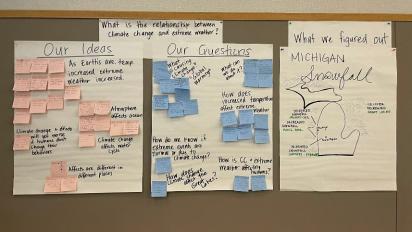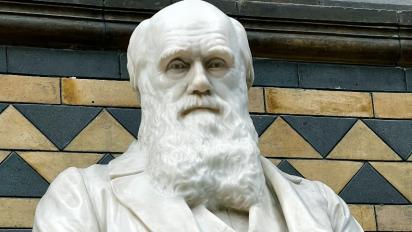American public opinion about Charles Darwin
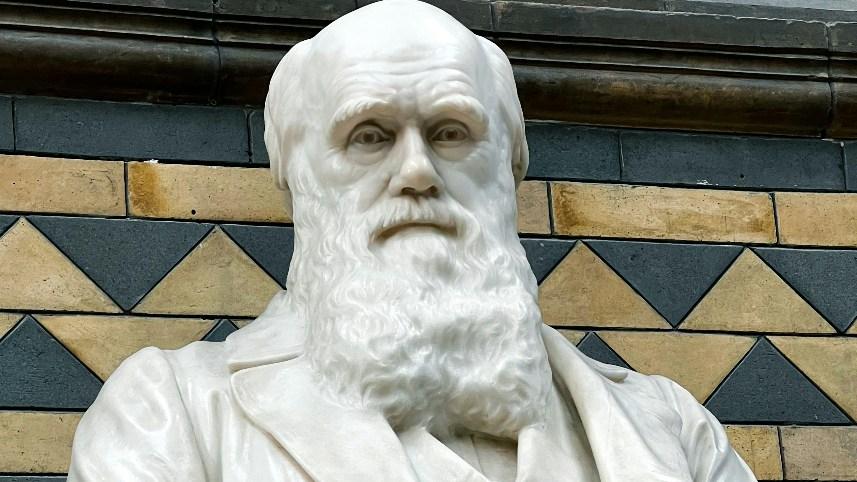
A 2023 YouGov poll asked Americans about their opinions regarding 15 scientists, including Charles Darwin, and their overall impact on the world. Asked “Do you have a favorable or unfavorable opinion of the following person?” and presented with the name of Charles Darwin, 62 percent of respondents indicated that they had a very (32 percent) or somewhat (30 percent) favorable opinion of Darwin, while 18 percent indicated that they had a somewhat (9 percent) or very (9 percent) unfavorable opinion; 19 percent indicated that they didn’t know.
Asked “Do you think that the impact the following person has made on the world has been more positive or negative” and presented with the name of Charles Darwin, 59 percent of respondents indicated that they thought Darwin’s impact was very (34 percent) or somewhat (25 percent) positive, while 12 percent indicated that they thought it was neither positive nor negative, and 13 percent indicated that they thought it was somewhat (6 percent) or very (7 percent) negative; 15 percent indicated that they were not sure.
Darwin was in the middle of the pack, seventh, for favorable opinion (62 percent), between Marie Curie (63 percent) and Jane Goodall (59 percent), but last for unfavorable opinion (18 percent), with Neil DeGrasse Tyson (16 percent) next-to-last. If “don’t know” responses are understood as reflecting failure to recognize the scientist in question, Darwin was the fourth most recognized scientist on the list (only 19 percent “don’t know” responses), ahead of Stephen Hawking (22 percent) and behind Isaac Newton (15 percent), Thomas Edison (11 percent), and Albert Einstein (9 percent).
Darwin was in the middle of the pack, seventh, for positive impact (59 percent), between Stephen Hawking (60 percent) and Jane Goodall (56 percent), but next-to-last for unfavorable opinion (13 percent), with J. Robert Oppenheimer (18 percent) last. If “don’t know” responses are understood as reflecting inability to assess the impact of the scientist in question, Darwin’s impact was the fourth most assessable on the list (only 15 percent “not sure” responses), ahead of Stephen Hawking’s (20 percent) and behind Isaac Newton’s (12 percent), Thomas Edison’s (7 percent), and Albert Einstein’s (7 percent).
The poll was conducted by YouGov among 1000 U.S. adult citizens selected from an internet panel using sample matching between August 23 and August 27, 2023; the sample was weighted by demographic and political features. The margin of error was reported as plus/minus 3.7 percent. The 15 scientists were Niels Bohr, Marie Curie, Charles Darwin, Thomas Edison, Albert Einstein, Richard Feynman, Jane Goodall, Stephen Hawking, Michio Kaku, Isaac Newton, J. Robert Oppenheimer, Carl Sagan, Nikola Tesla, Neil deGrasse Tyson, and James Watson.


